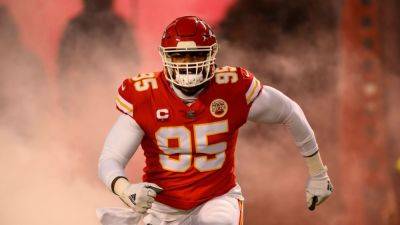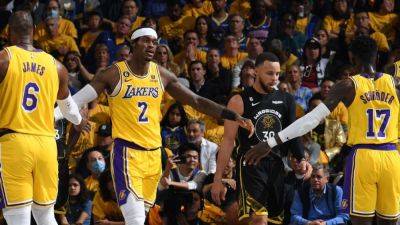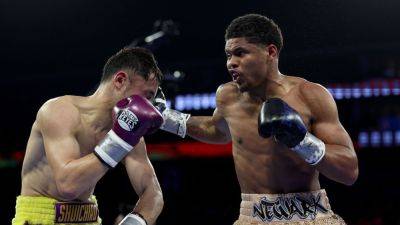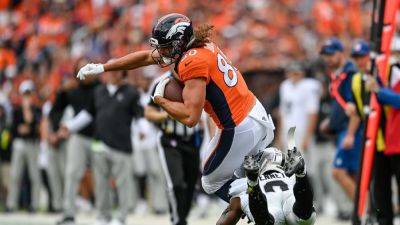MLB opts to keep pitch clock rules intact for postseason, sources say - ESPN
Major League Baseball will maintain its pitch-clock rules during the postseason, hoping the positive momentum of faster regular-season games translates similarly into playoff atmospheres where games have been notoriously longer, sources told ESPN.
Players had expressed interest in adding time to the clock, which mandates pitchers throw the ball within 15 seconds of receiving it when the bases are empty and 20 seconds with runners on. But MLB's executive council agreed not to amend any rules before the postseason and on Friday the league informed the joint competition committee — made up of players and ownership representatives — of its decision, sources said.
The clock has been a rousing success, trimming the average game time by nearly 25 minutes, to 2 hours, 39 minutes. As players have adjusted to the clock and figured out ways to more effectively use their one timeout per at-bat, game times have jumped slightly, from 2:37 in April to 2:41 in July and August.
Maintaining the rules, a decision first reported by Sports Illustrated, could have an even more profound effect on the postseason than it did the regular season. The average time for a playoff game last year was 3:32, according to ESPN Stats and Info. The preceding years were even slower: 3:39 in 2021, 3:33 in 2020, 3:37 in 2019 and 3:48 in 2018.
Players' arguments on behalf of adding time to the playoff pitch clock were salient. With every out in the postseason extraordinarily valuable, players not only thought they could benefit individually from the extra time but the game could breathe and allow for big moments to feel bigger. The executive council, which unilaterally controls on-field rules but must consult the competition committee, did not find the








